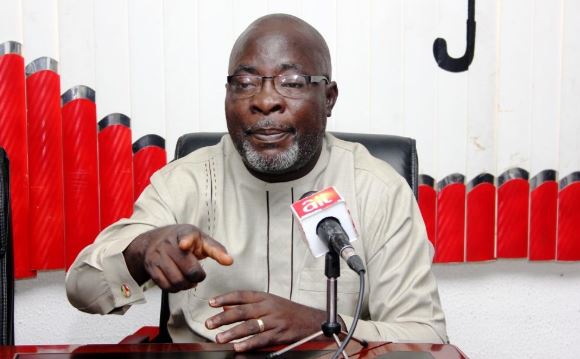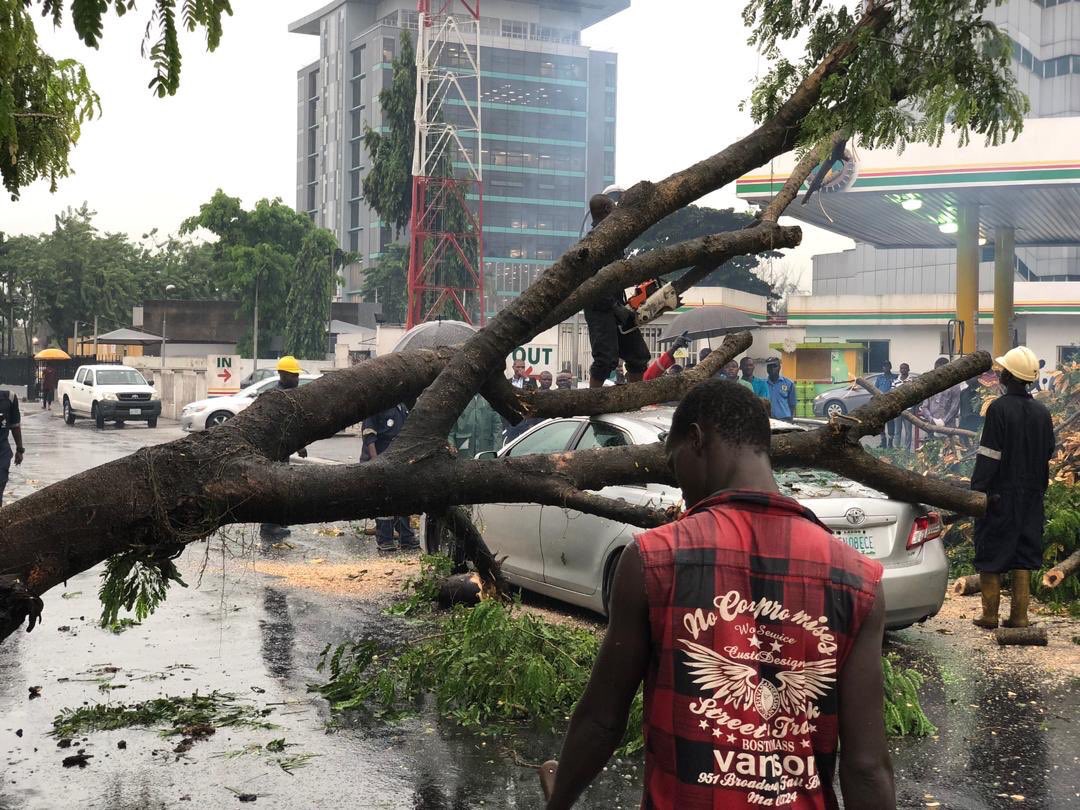Almajiri children on streets of Kano
Along Sugune road in Kawo, Kano state, Walae Bashir (not real name) stood with some of his peers with bowls clutched under their arms. The time was past 11 am and, while their age mates were attending classes in schools across the metropolis, they have been out in the scorching sun, running after every moving thing/being in search for pennies.
Bashir is one of the 13.2 million children that UNICEF said are out of school in Nigeria. While some of these children dropped out of school after nursery school, a good number of them have never seen the four walls of a school.
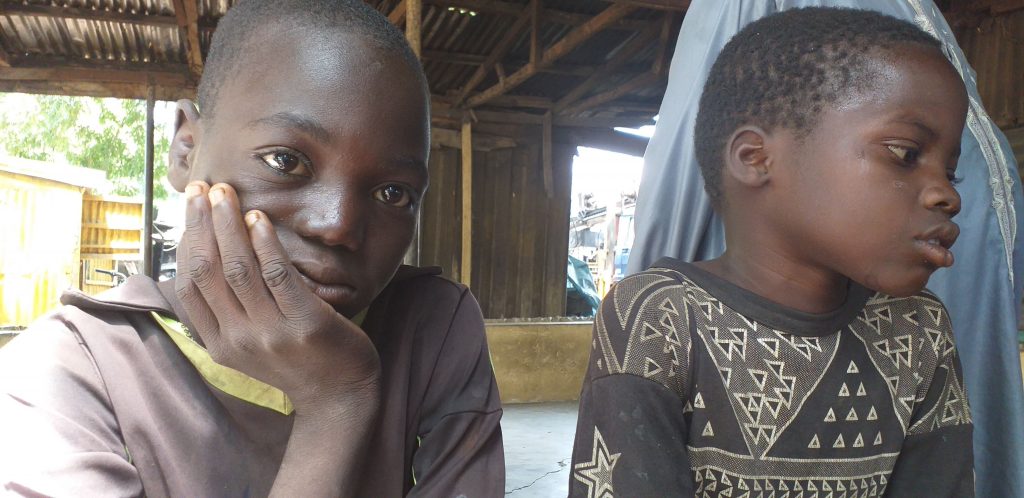
Raised in Abuja, the 14-year-old was brought to Kano by his mother in 2016. Since arriving in the state, he had literally shared roles as co-breadwinner of the family. Every morning, he treks from Rimi to Sugune area – a stretch of not less 10 kilometres – along with other children for their daily routine: singing and begging for food and money. And for any other thing that will aid their survival and that of their families. They return home and hand to their guardians whatever that was given to them only to go over same routine the next day.
A recent survey (DHS) conducted by UNICEF showed that with the figure at 13.2 million, Nigeria has the highest number of out-of-school children in the world, as of 2015. 69 per cent of those children are located in the north, according to UNICEF, with most of them dropping out of school to get married or become an almajiri.
Advertisement
THE ALMAJIRIS
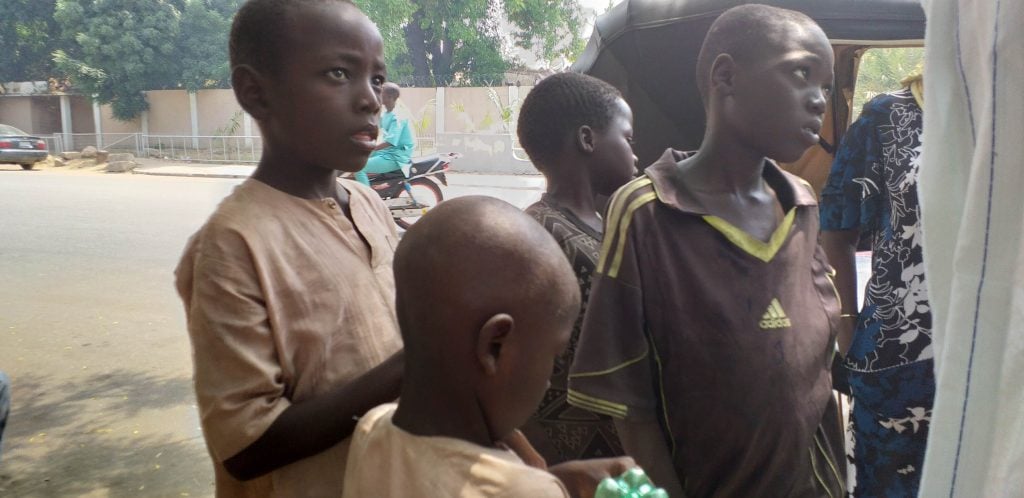
The almajiri system of education is believed to have started many years ago in Kanem-Borno empire of modern Chad and Nigeria were male pupils of school age who left home in search of Qurânic education. They were placed in care of teachers who would prepare them for learning the basics of Quranic. The teachers were, however, usually unable to meet all the needs of their pupils, making them (almajiris) obliged to beg in the neighbourhood to supplement their rations and other needs.
Advertisement
Usually within the age range of four years to 15 years, they constitute the largest number of Nigeria’s out-of-school children and, in most cases, are left bastardised and abandoned to their fate.
While there is no confirmed number of almajiris in the country, Abdullahi Ganduje, governor of Kano state, had in August said there were over three million children out of school in the state.
ABANDONED BUT STILL FOCUSED
Like Bashir, most of the almajiris are neglected by their parents and deprived of the least of basic life necessities, leaving them vulnerable to all sorts of danger. With his hands secured round his bowl like he has all his life treasures in it, he told TheCable he can’t remember the last time he saw his father, and that he is usually away from his siblings.
Advertisement
“They didn’t put me in school,” he said in Hausa, when asked what he was doing outside during school hour. “We are here and this is where we get food to eat. I return home to sleep every day.” He added that he wanted to go to school because “I want to be rich… I will do any work that will make me to become rich.”
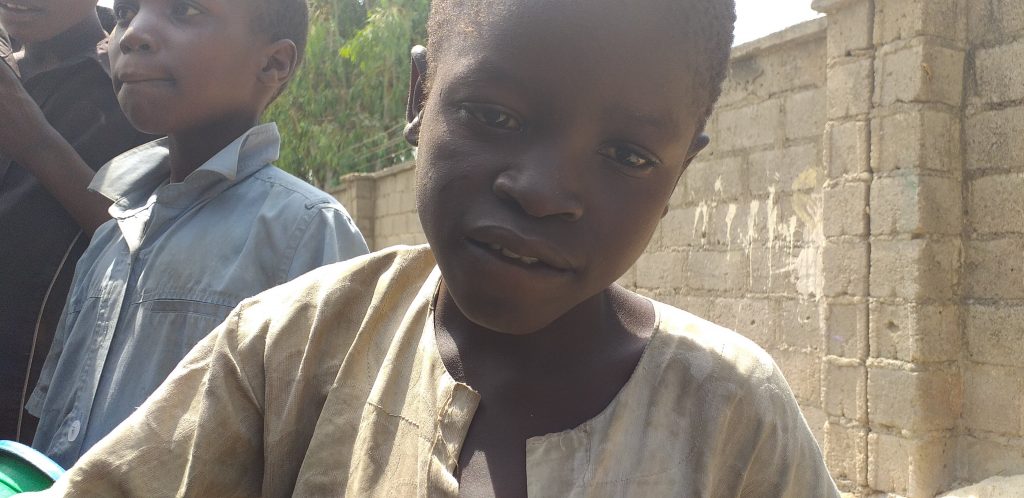
Bashir is not the only one among his peers longing to go to school. Most of the almajiris who spoke to TheCable in Kano admitted they were looking forward to when they will go to school — in actual uniform and not the worn out clothes they were used to.
Sani, 13, said his goal was to become a soldier and help Nigeria. According to him, “I had attended a school before but they removed me after sometime. I want to go to school and be a soldier … so that I can help my country.”
Like Sani, another almajiri who gave his name as Mohammed, said he wants to impact knowledge on others and that he is determined to go to school to see that dream actualised. The 12-year-old who is from Jigawa state said he can’t remember when he left home for Kano and all his life, he has never seen the four walls of a school.
Advertisement
In place of studies, he spends time helping stranded drivers fix their cars.
“I wake up and see others going to school,” he told TheCable with a regretful tone. “But I go to the garage, sometimes we see vehicles that break down on their way to the garage, so we take them for repairs.
Advertisement
“I want to be a teacher so I can be teaching people. I have decided that once I return to Jigawa, I’m going to start school.”
He also has not seen his parents for as long as he can remember. And that sad reality hurts him visibly. “I will like to see them anytime I return to Kano,” he said when asked about his parents.
Advertisement
THE WAY OUT
The high rate of number of out-of-school children has been blamed on several factors including Boko Haram insurgency, communal and farmers/headers clashes as well as low funding; but there has been a gross failings on the side of state governments.
Advertisement
A Universal Basic Education Commission (UBEC) report released in 2018 showed that 24 of 36 states in the country failed to access their portion of the over N47 billion basic education grants between 2015 and 2017. It added that no state has accessed the N36.5 billion available for 2018.
While it is important for education to receive more funding, it is also relevant for the various state government to step up its level of commitment to ensuring every Nigerian child is educated — and this also includes accessing funds that are already in place.
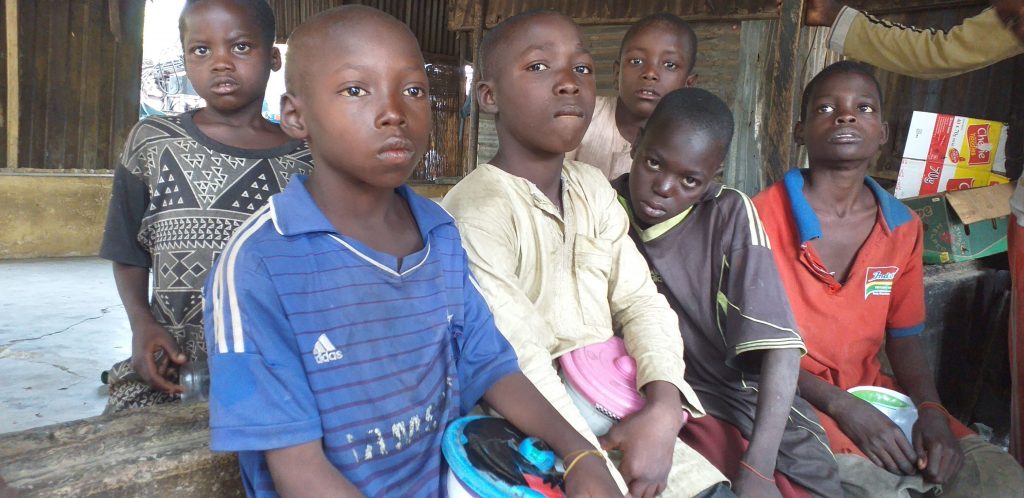
Last year, Senate President Bukola Saraki warned of the implication of the number of out-of-school children in the country. According to him, “an uneducated population will be locked in a cycle of poverty for their entire lives. Additionally, these children could constitute the next generation of suicide bombers and militants. In this regard, education is a national security priority.”
“The legislature is committed to doing all it can to address the issue of out-of-school children through funding and material resources,” he had said.
“The senate is already working with a few state governments which are yet to domesticate the Child Rights Act.”
Add a comment




